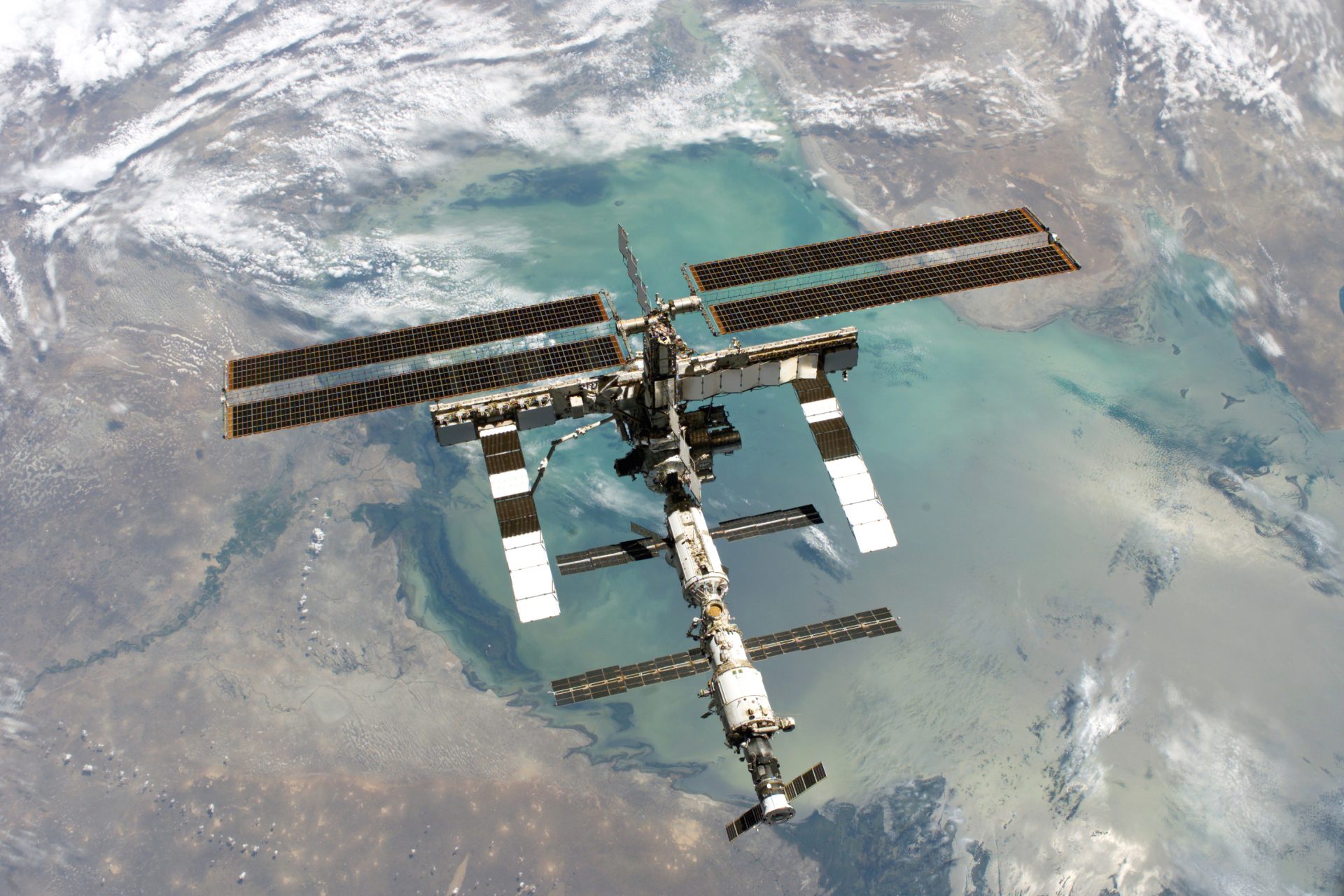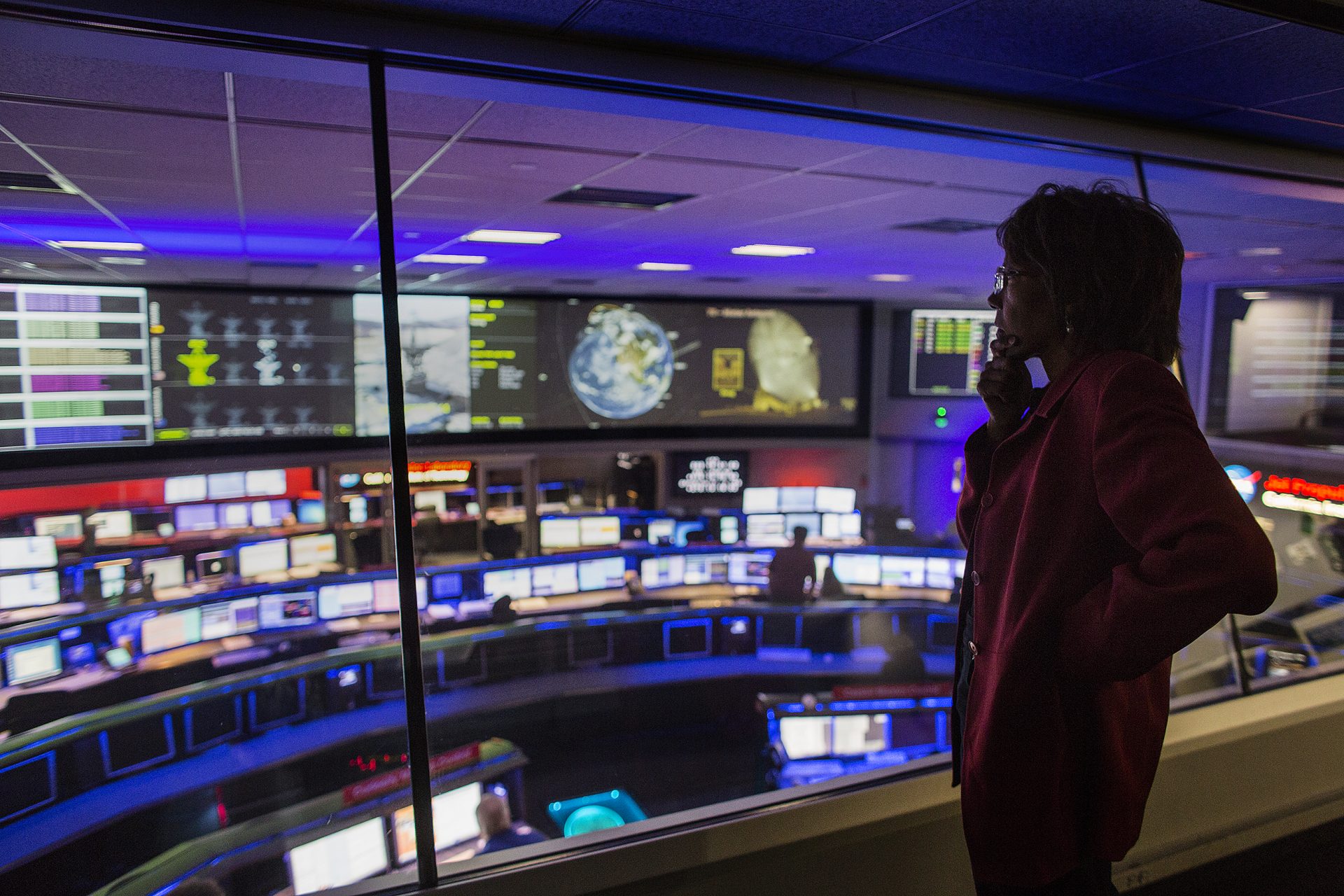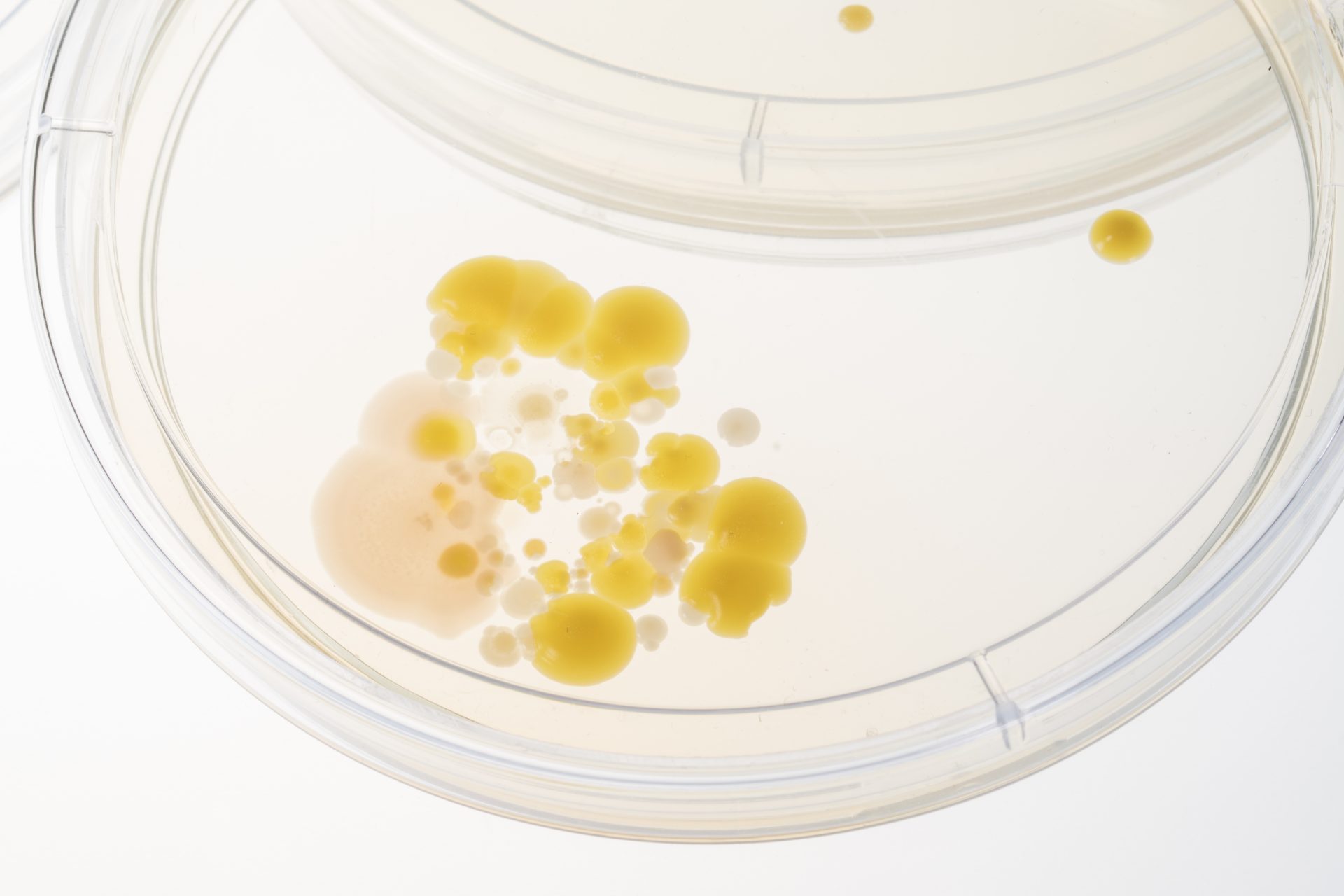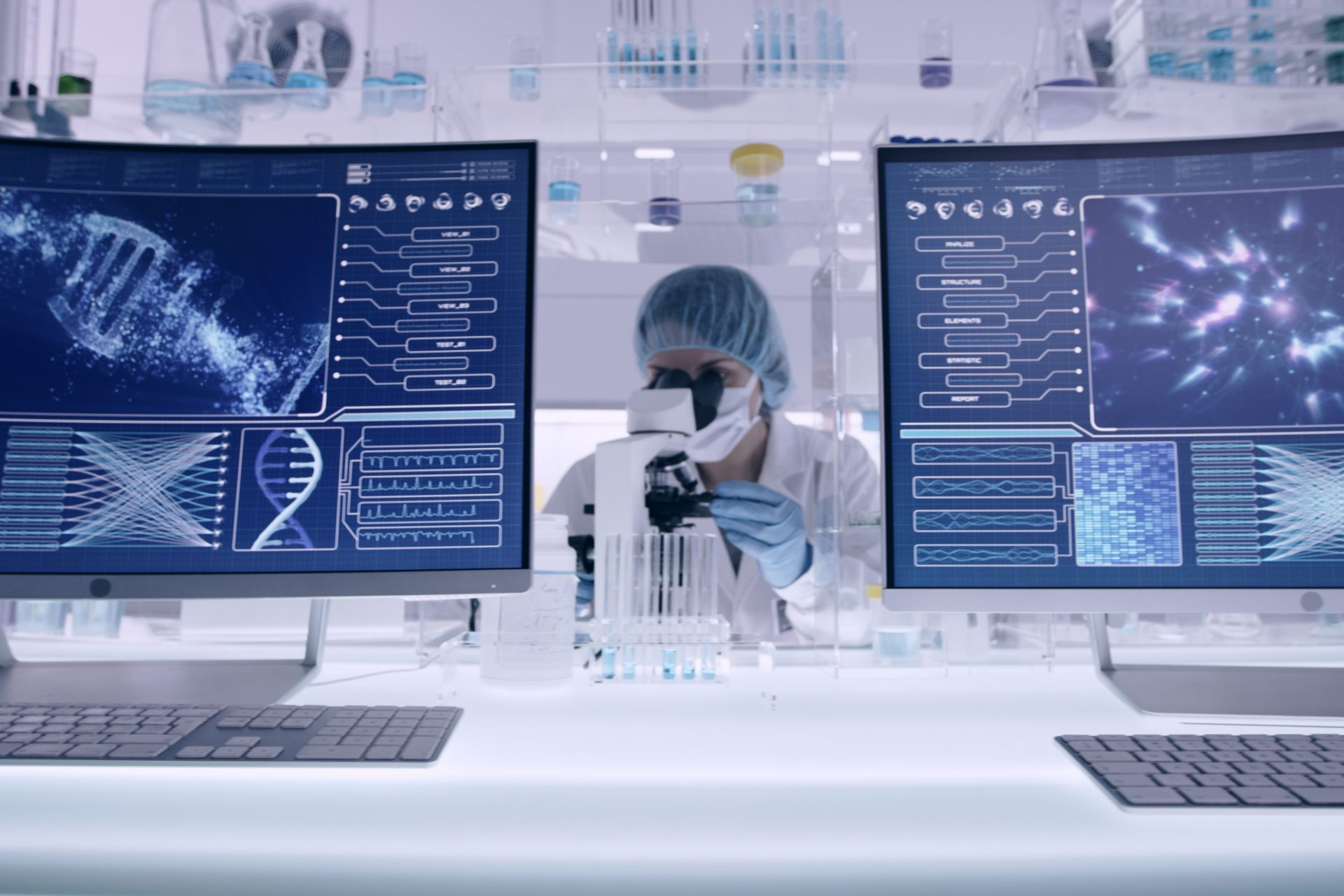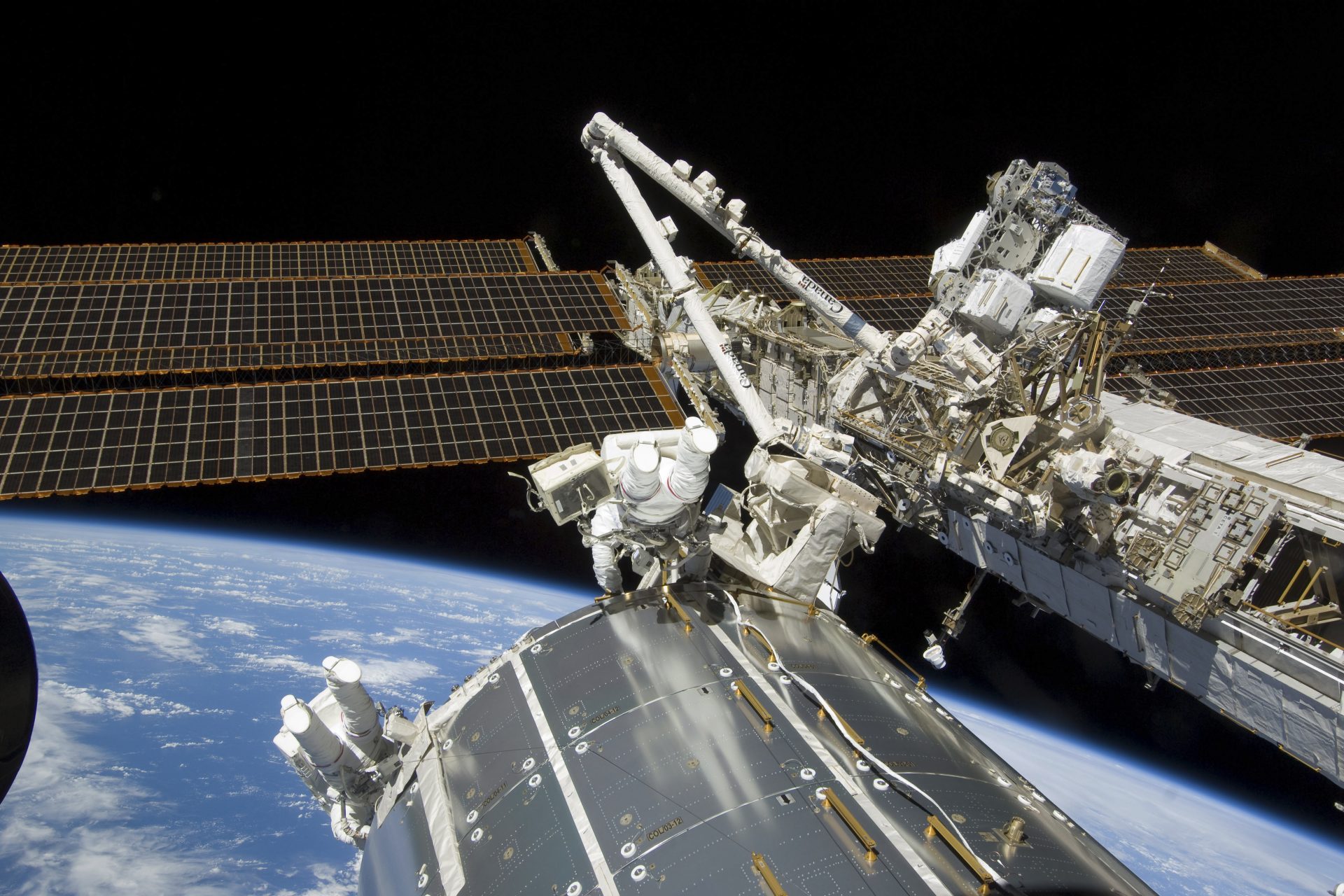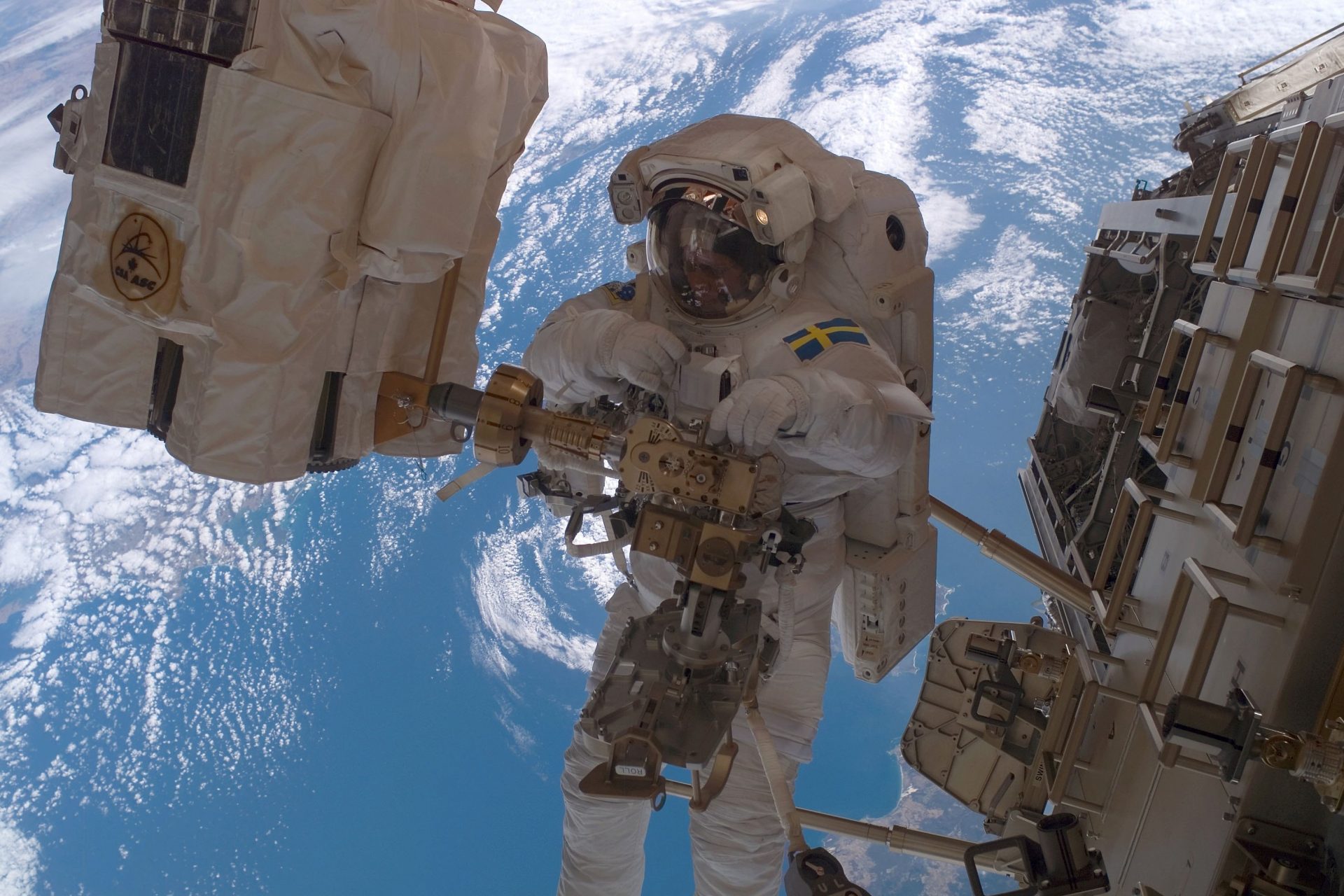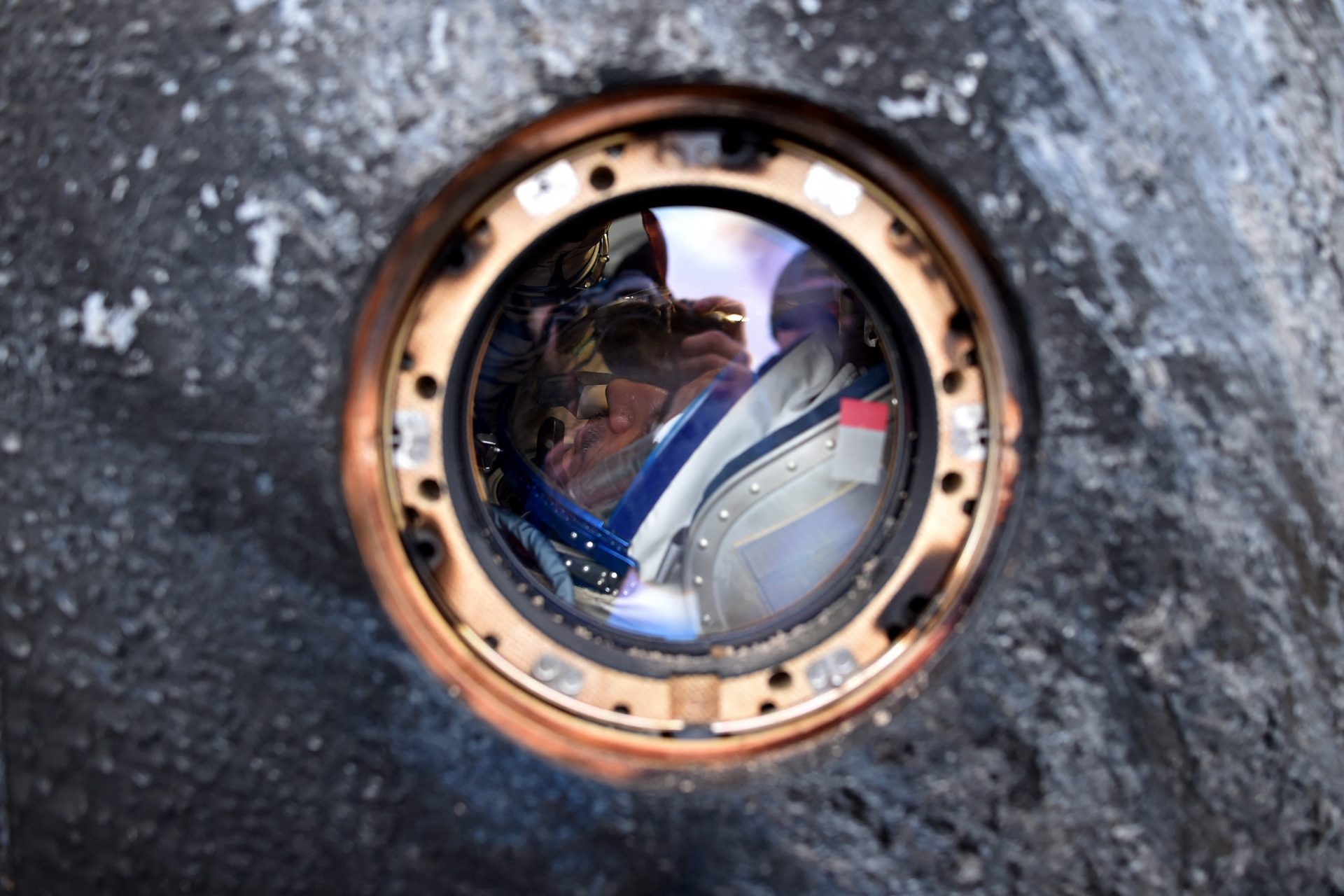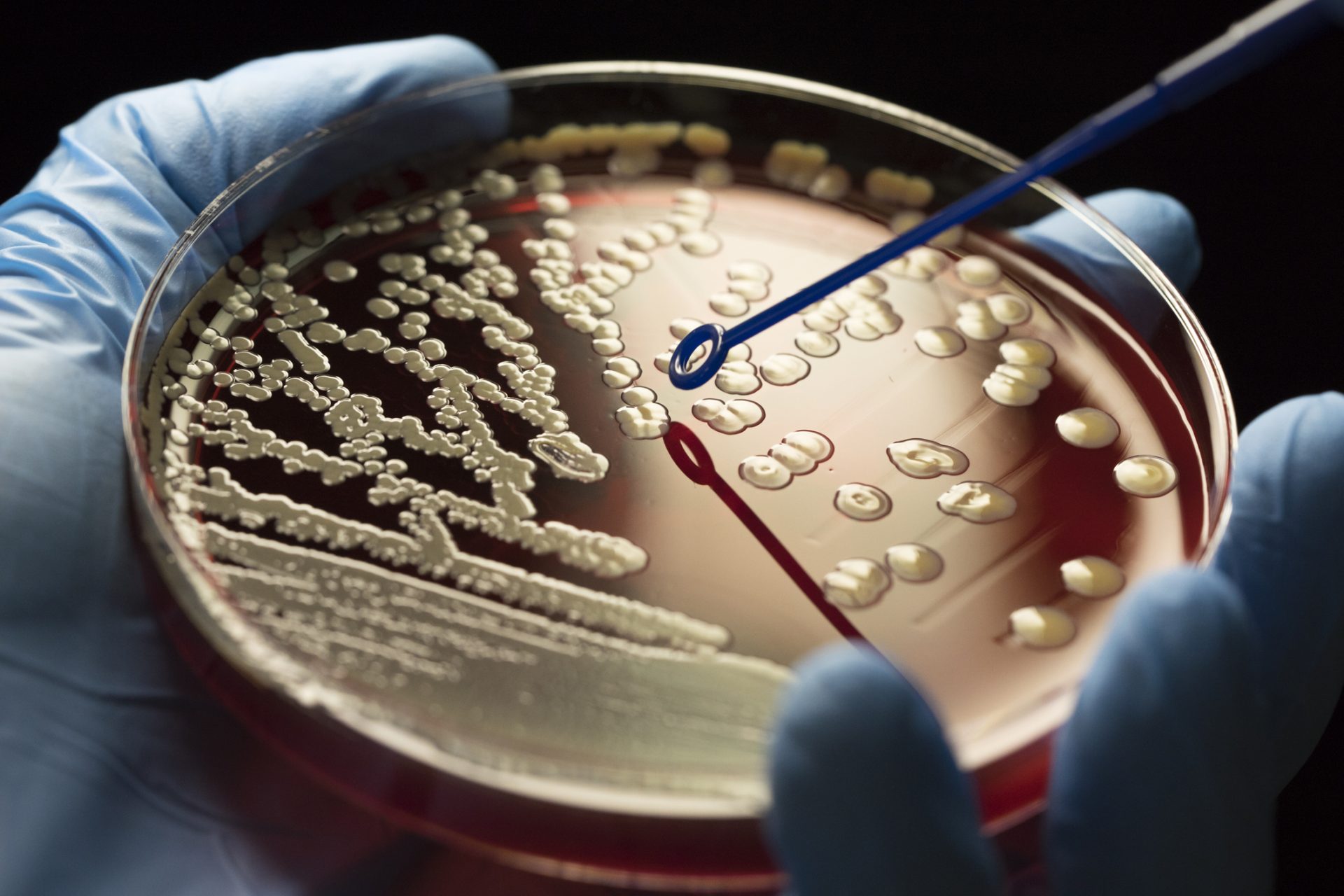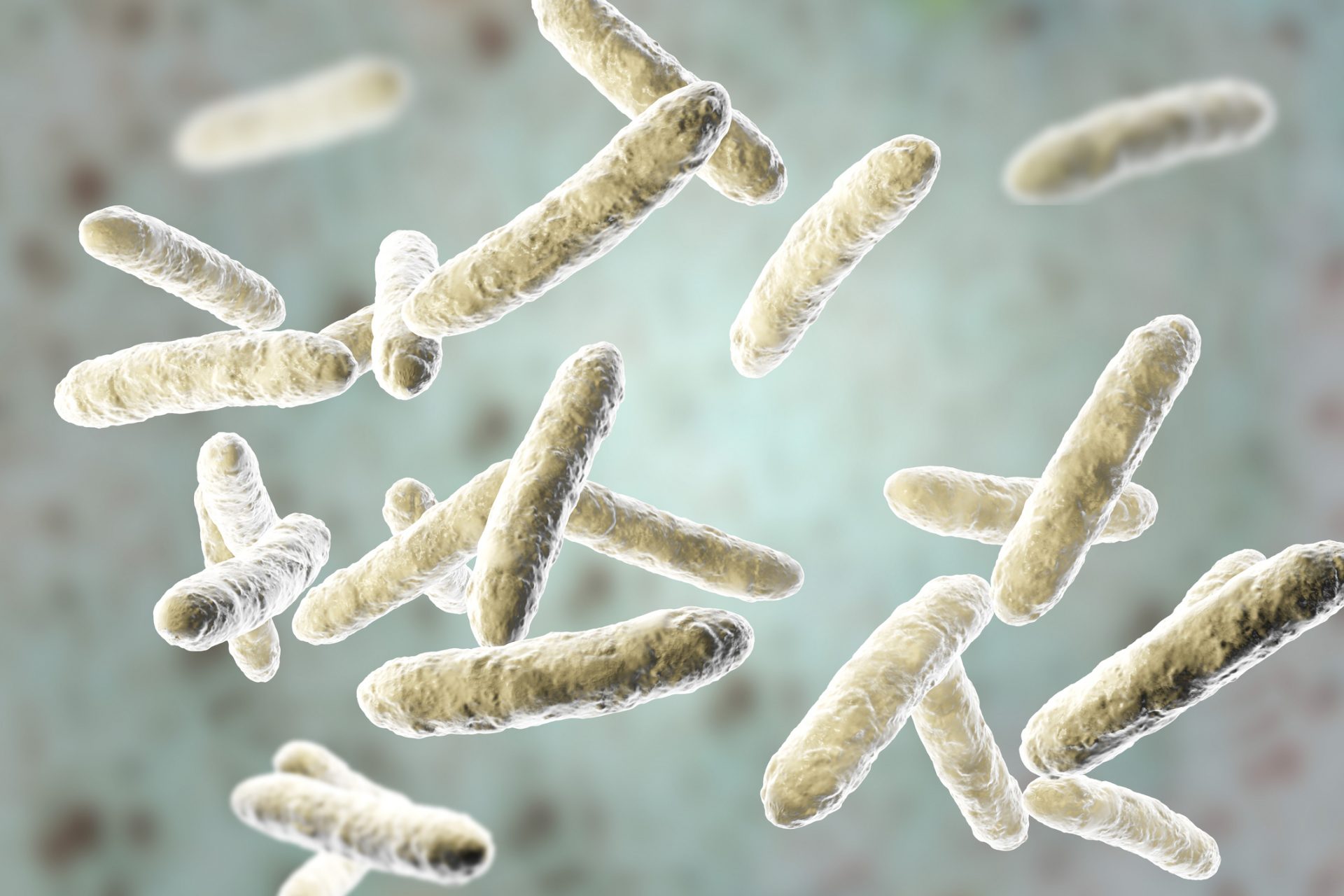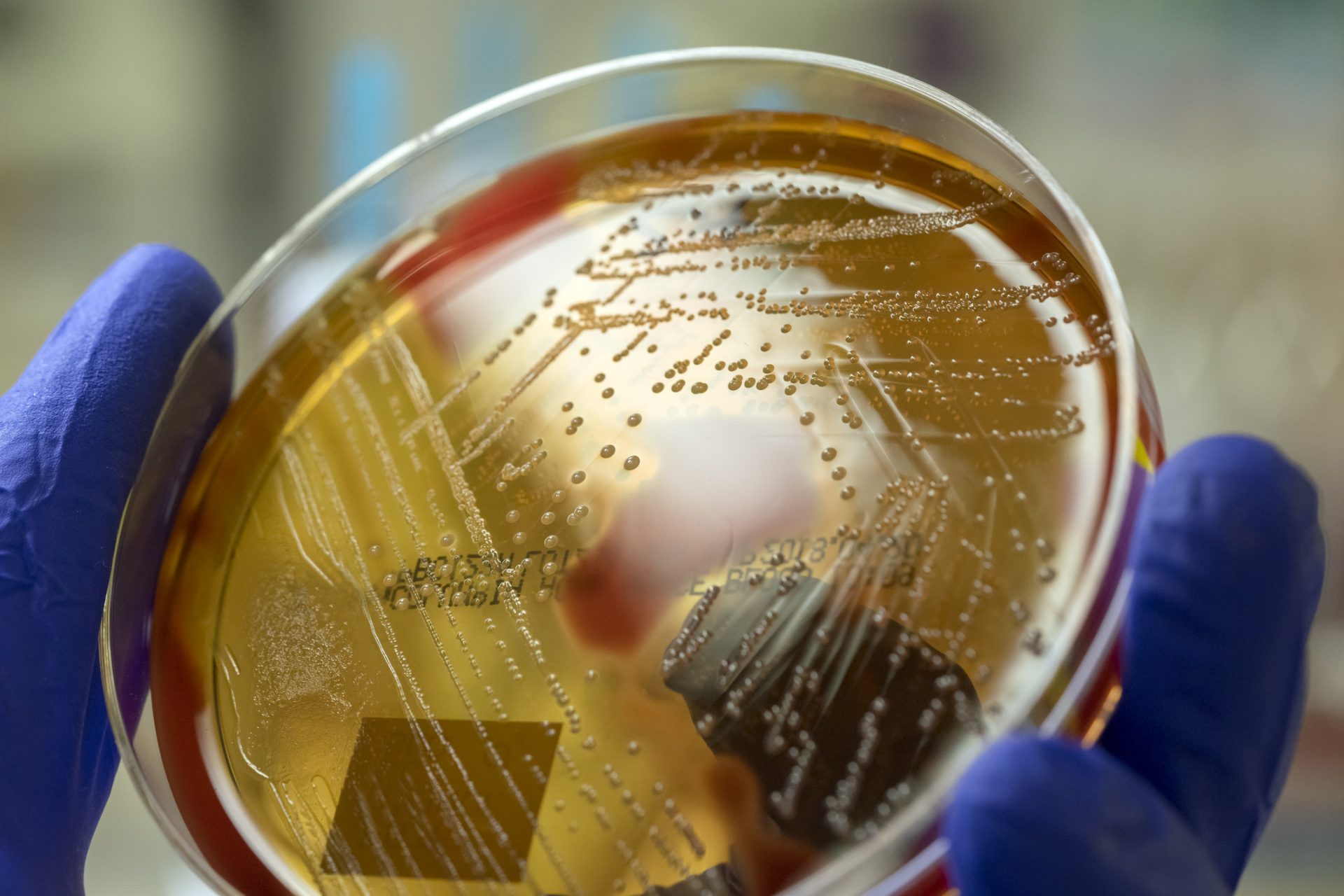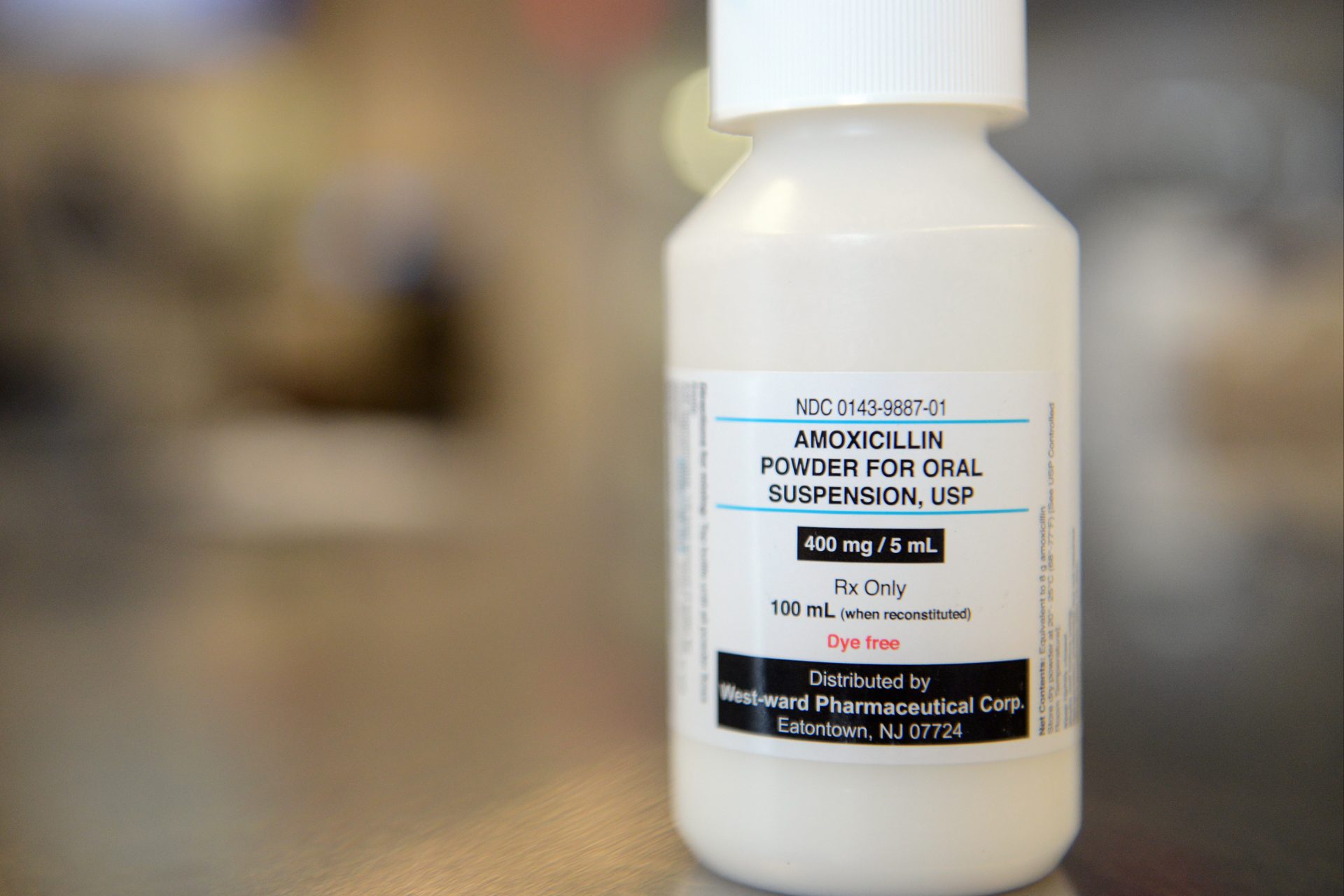Emerging space threat: Mutant super bacteria found by NASA
A group of scientists from NASA's Jet Propulsion Laboratory studied samples of bacteria collected on the ISS and compared them to their Earth counterparts.
According to a NASA press release, the team concluded that the bacteria's mutations made it function differently than Earth strains. They published their results in April 2024.
The paper, published in the scientific journal Microbiome, said the team analyzed the evolution of the genes instrumental in the bacteria's functionality changes.
According to the paper, the scientists collected the bacteria "from various locations within the ISS" and created a comprehensive map. They studied thirteen strains of the same kind of bacteria.
The press release said the microorganisms, derivate from the common Enterobacter Bugandensis, adapted to space conditions over time and with "significant abundance."
NASA said the ISS is an extreme environment subject to microgravity, radiation, and elevated carbon dioxide levels, so microorganisms like that bacteria must adapt.
Still, the E. Bugandensis stripes not only survived and thrived but also might have allowed other microorganisms aboard the International Space Station to survive.
In their paper, the research team said their exploration opened a window to "the microbial ecosystem dynamics within the ISS."
However, it also showed the potential health dangers that astronauts can face due to microorganisms. The list of possible health threats to space crews has grown recently.
According to the paper, Enterobacter species are common on Earth. They inhabit soil, sewage, and the human gastrointestinal tract. Researchers discovered their presence on the ISS in 2018.
However, the new study confirmed that the mutations of the ISS strains of E. Bugandensis are consistent with those of bacteria in the ESKAPE group, a list of multi-drug-resistant bacteria.
The paper also said that the terrestrial strains of E. Burgandensis can "possess pathogenic traits, leading to a plethora of infections," so the ISS variety can pose a severe risk.
According to the World Health Organization, antimicrobial resistance is one of the top worldwide health threats. It makes infections more complex to treat and turns standard medical procedures, like surgeries, risky.
WHO data shows that drug-resistant bacteria killed 1.27 million people in 2019 and were indirectly responsible for nearly 5 million deaths worldwide that same year.
The organization says one of the main reasons behind antimicrobial resistance is the misuse of antibiotics in people and animals, which gives bacteria a chance to evolve and become resistant.
More for you
Top Stories



